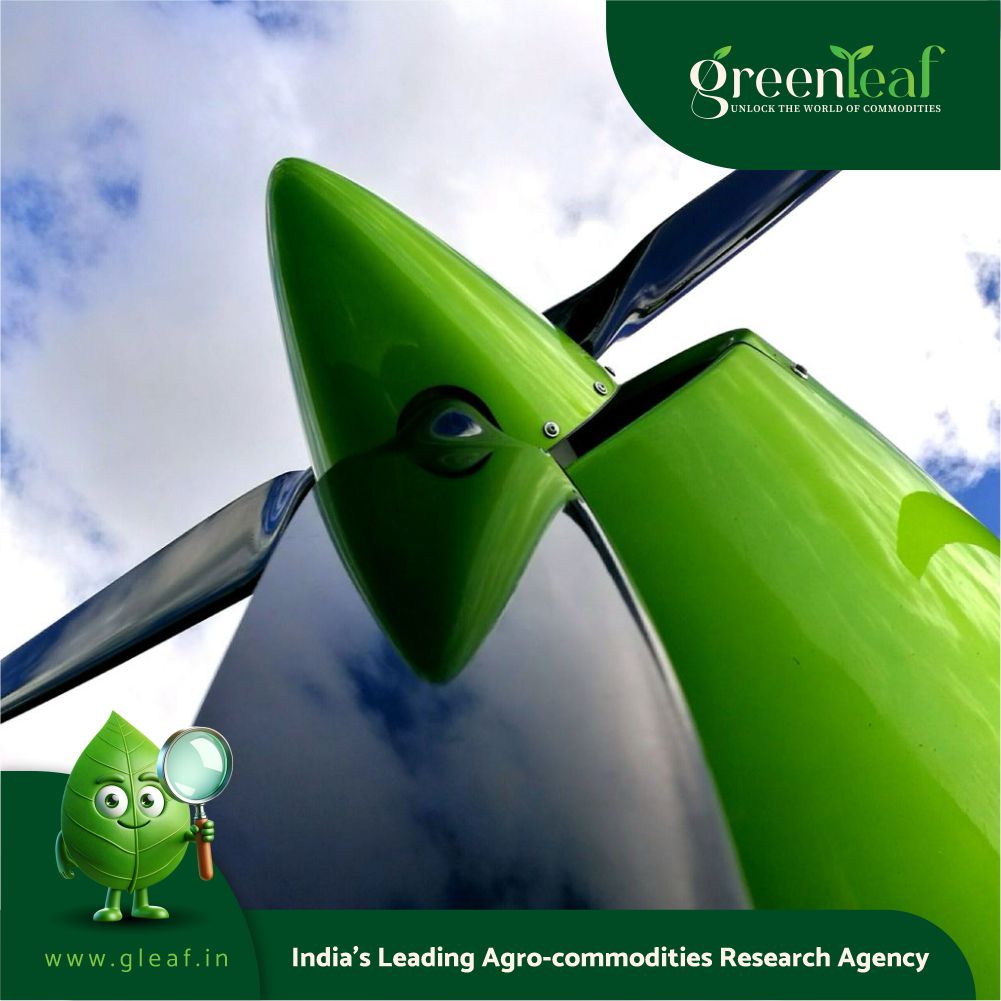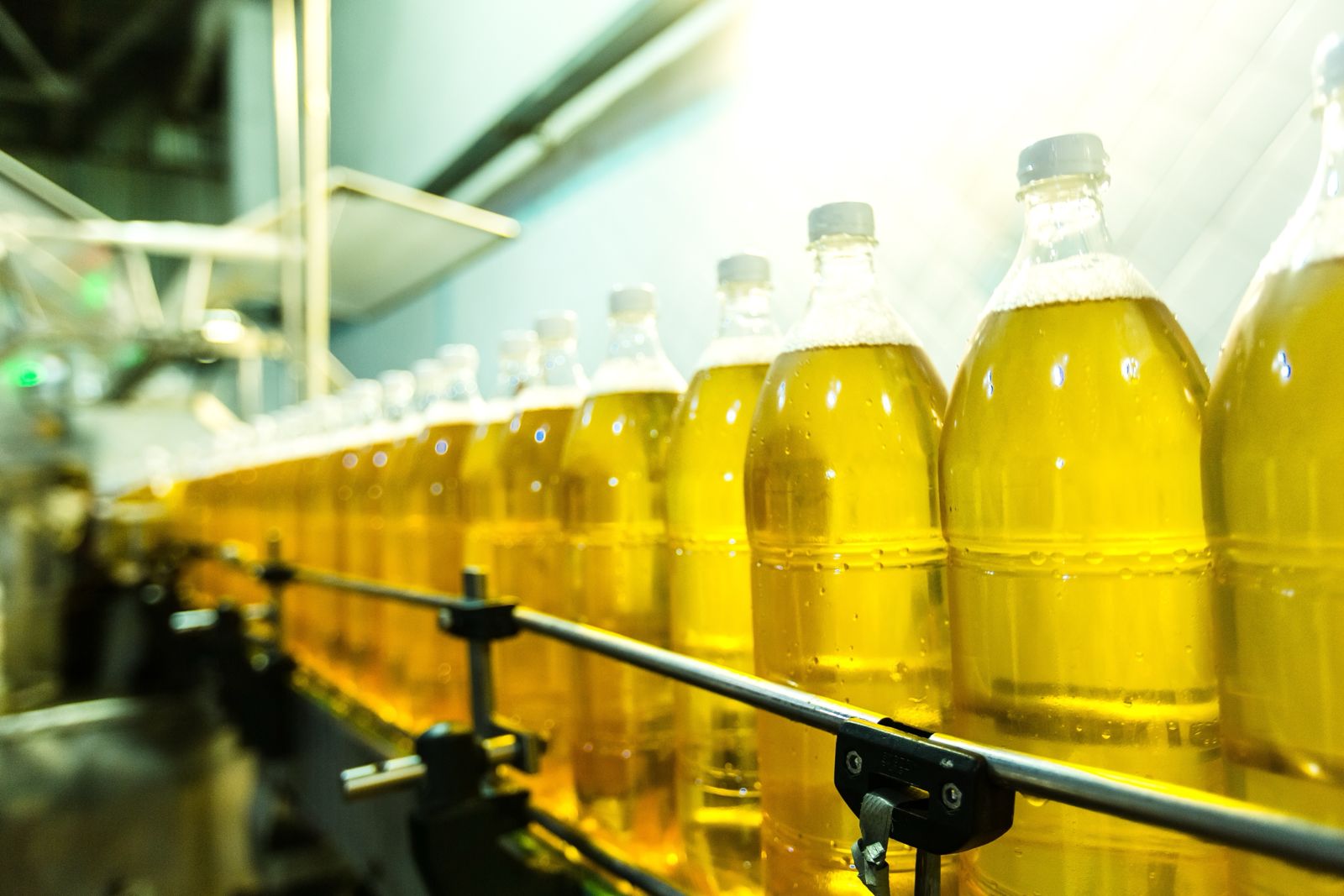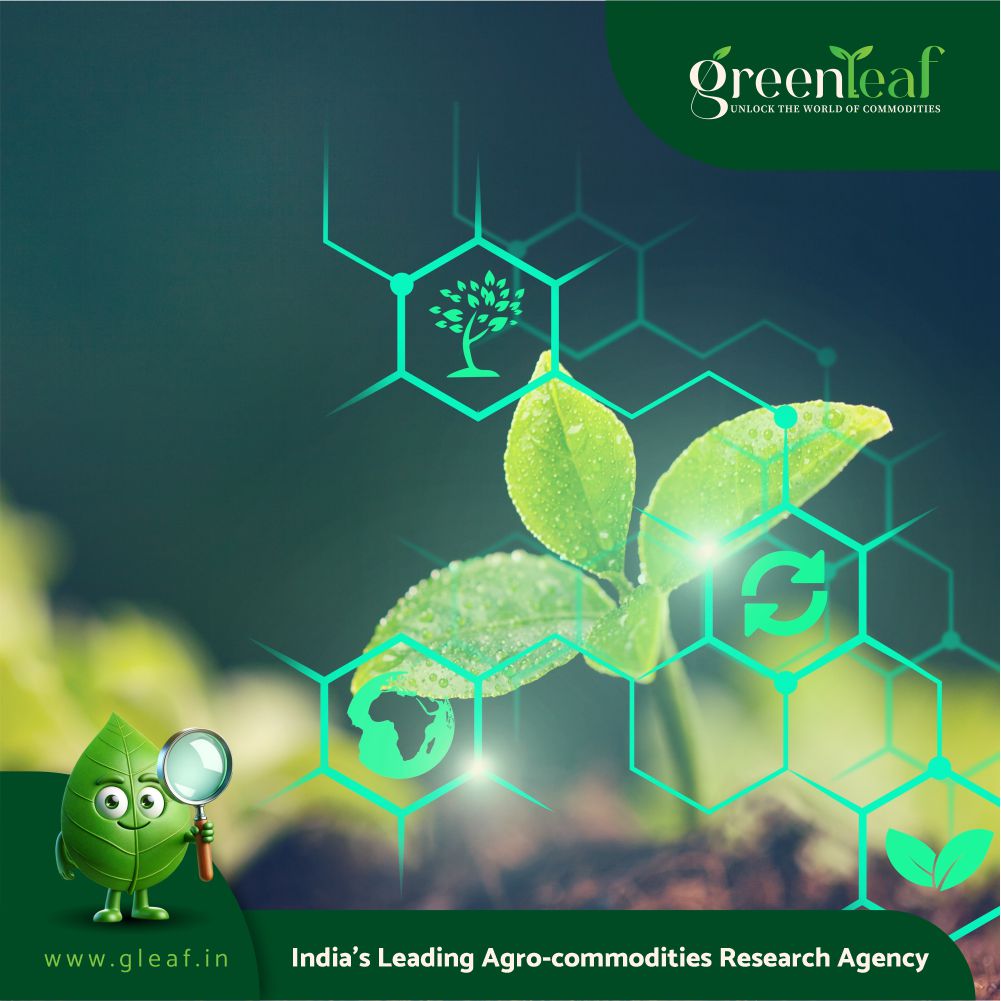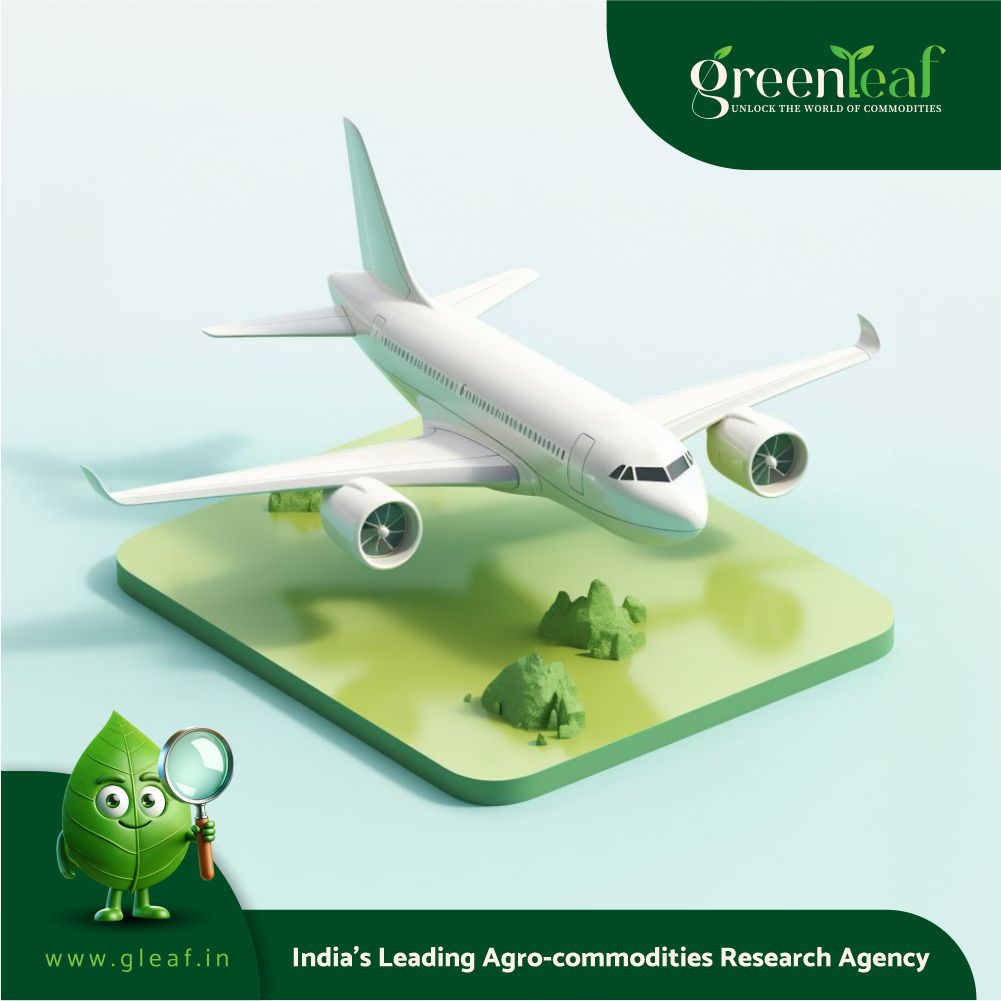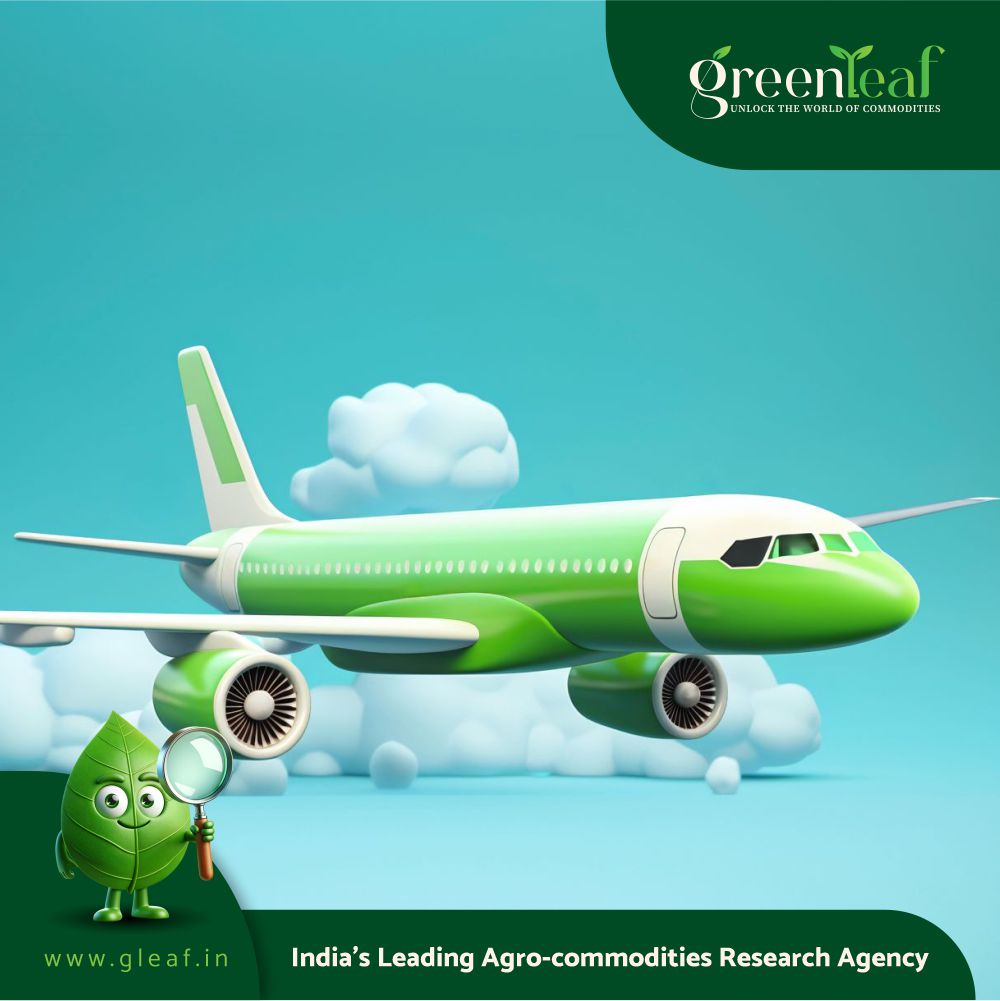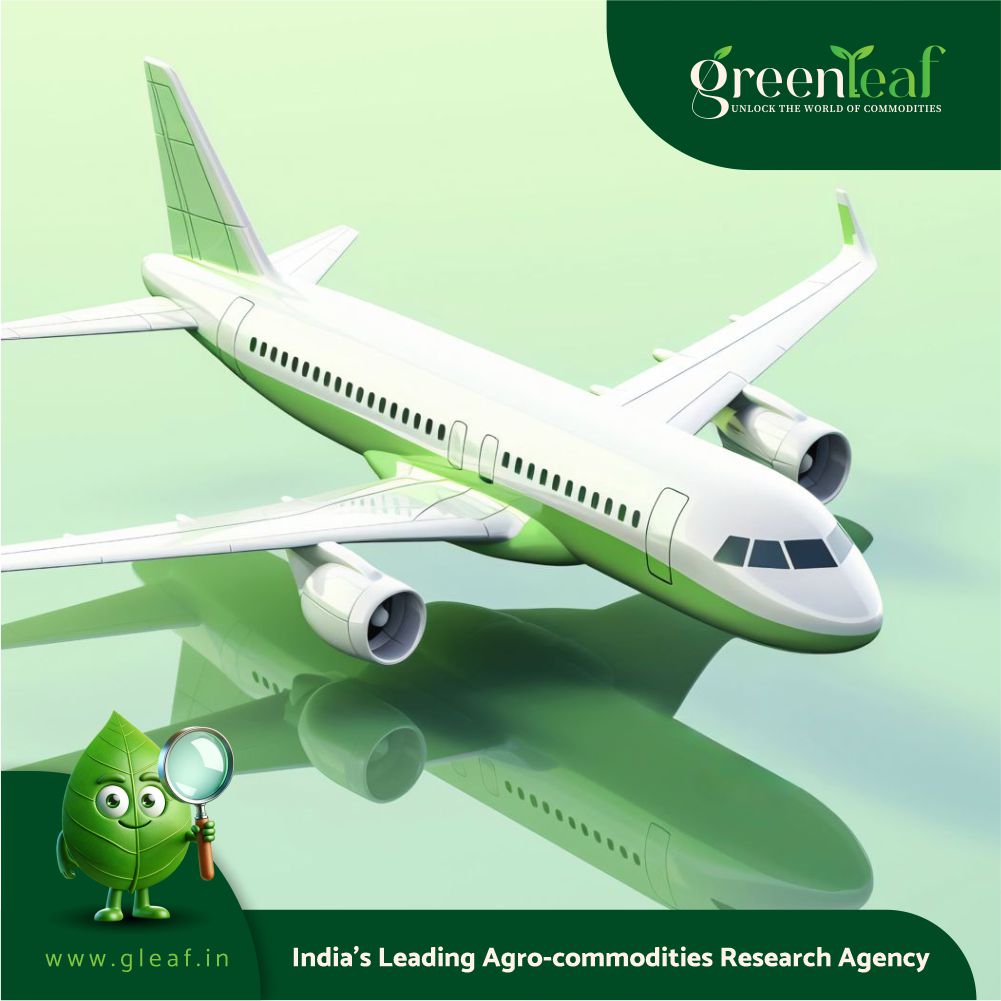Embraer, Brazil based aerospace company, is celebrating two decades of its pioneering ethanol-powered Ipanema aircraft, marking a major milestone in sustainable aviation. First certified on October 19, 2004, the Ipanema became the world’s only series-produced aircraft powered by biofuel. Over the past 20 years, this innovation has significantly reduced environmental impact and redefined agricultural aviation.
The Ipanema’s ethanol engine has helped avoid more than 28 million tons of CO2 emissions since its launch—averaging 1.4 million tons per year. With over 570 units sold and 210 older models converted from aviation gasoline to ethanol, the aircraft has become a symbol of efficiency in Brazil’s agricultural sector, where Embraer holds 60% of the market. According to Sany Onofre, head of Embraer’s agricultural aviation division, the Ipanema delivers “high efficiency and reduced operating costs,” making it a top choice for productivity-conscious operators.
Evolving from its original EMB-202A design, the Ipanema EMB-203 now features a more advanced wing structure, improved ergonomics, and modern upgrades like USB connectivity and an airbag-equipped seatbelt. These improvements boost productivity by up to 30% per hectare and reduce operating costs by 57% compared to other spraying technologies, addressing critical needs in the agricultural sector.
The aircraft is widely used for spraying both solid and liquid products and has played a key role in developing Brazil’s first aerial methodology for applying biological pesticides. This innovative approach supports sustainable farming and is a collaboration with Koppert, a leader in bio-inputs for agriculture.
Embraer’s Broader Sustainability Mission
Embraer’s commitment to sustainability extends beyond agricultural aviation. The company has ambitious goals to achieve carbon-neutral operations by 2040, using 25% sustainable aviation fuel (SAF) by that time, and transitioning to 100% renewable energy by 2030. Their E-Jets E2 family, the quietest and most fuel-efficient single-aisle aircraft, has already demonstrated compatibility with 100% SAF in test flights—setting the stage for further emission reductions across the aviation industry.
As Embraer continues to explore electrification options for the Ipanema, the aircraft remains central to their vision of a greener, more sustainable future in aviation, reinforcing Embraer’s leadership in innovative environmental solutions.

